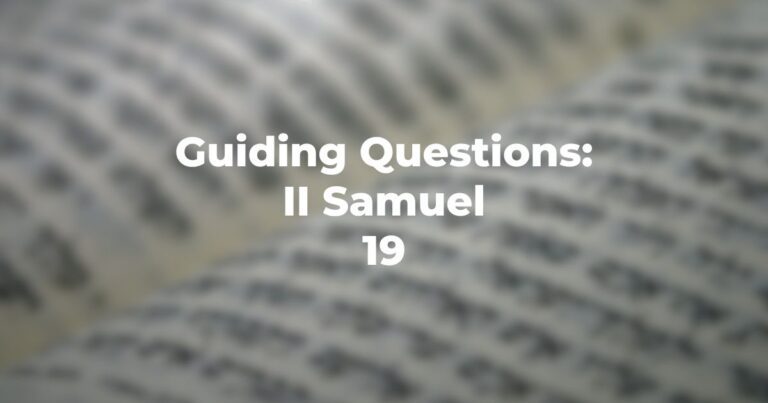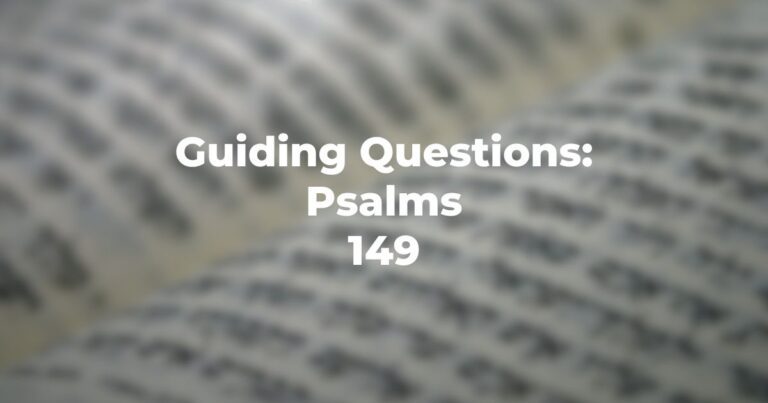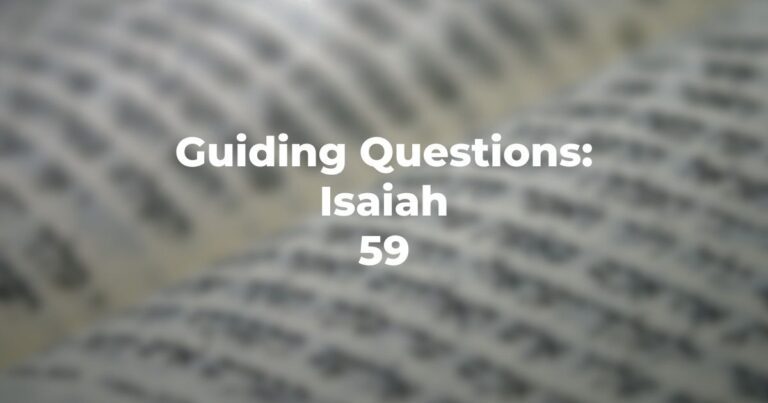- The judgment which is to be forthcoming is the result of what action on the part of those to be judged (Ezekiel 7:3)?
- Do Ezekiel 7:4-7 indicate any relief, however minimal?
- Ezekiel 7:8-9 would seem to repeat those immediately preceding. Would this be for emphasis or is there any additional message set forth?
- In Ezekiel 7:12, reference is made to seller and buyer. Is this a “merism” that is, to include everyone (see Ezekiel 7:13)?
- According to the closing refrain in Ezekiel 7:13, will anyone be spared?
- In Ezekiel 7:14, although the shofar is sounded, is there any response?
- In Ezekiel 7:16, reference is made to “moaning doves.” What is the anticipated destiny in this symbol?
- Do Ezekiel 7:17-18 indicate any “positive expectation” for those who have (temporarily) escaped the destruction?
- Would Ezekiel 7:19 indicate that the lot of the wealthy (or, indeed, of those having any possessions) will be different from those who are impoverished?
- In Ezekiel 7:20, what does the term “nidah” represent?
- What echo, in Ezekiel 7:22, does the phrase “I will turn my face from them” call to mind?
- Would Ezekiel 7:23 appear to refer to worship transgressions or to social inequities?
- In Ezekiel 7:24, why is the reference to “the worst of the nations shall inherit their property”?
- According to Ezekiel 7:26, will any of the leaders be in a position to offer information, solace or direction?
- And, in Ezekiel 7:26, who would normally be regarded as the teachers and who as the givers of advice?
- Ezekiel 7:27 concludes with the refrain “and they shall know that I am Adonai.” What type of “knowledge” does this represent?
Author
-

Exploring Judaism is the digital home for Conservative/Masorti Judaism, embracing the beauty and complexity of Judaism, and our personal search for meaning, learning, and connecting. Our goal is to create content based on three core framing: Meaning-Making (Why?), Practical Living (How?), and Explainers (What?).
View all posts





